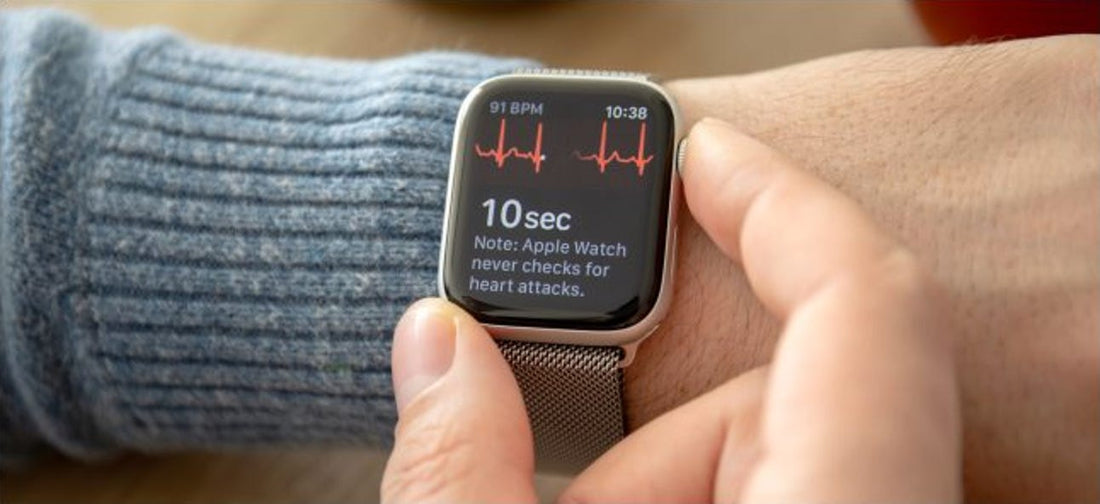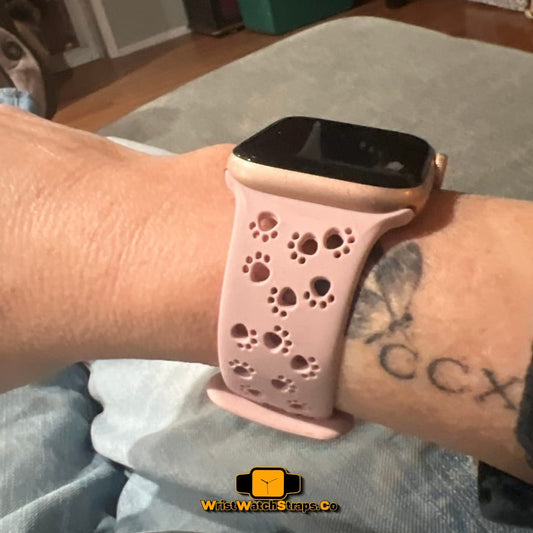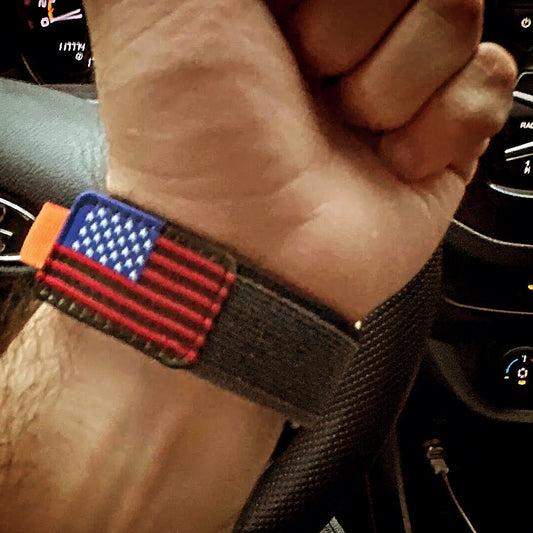Cardiogram app: Monitor your body's response to COVID-19 and flu with Apple Watch

Share
Apple Watch users can now monitor their body's response to COVID-19 and flu with Cardiogram. The Cardiogram app is the first FDA approved medical device for Apple Watch, according to a recent study published in JAMA Internal Medicine. Dr. Conor Heneghan, lead author of the study and a health service researcher at University College Dublin in Ireland said "The ability to measure heart rate continuously provides an opportunity for new insights into how drugs affect humans."
As the Apple Watch moves into its second generation, owners are now able to monitor their response using nothing more than heart rate monitors. This feature was introduced by Cardiogram an app that tracks health and fitness data from users' hearts all in one place via GPS location tracking (among other things).

Cardiogram is a company that has been developing their smartwatch software and HealthKit integration. They provide data through tight watchOS, along with other research studies like University of California at San Francisco's (UCSF) eHeart study in order to improve healthcare for all people who need it most!
Cardiogram, developers of an app that records your heart rate and sends it to the cloud for monitoring during times like coronavirus pandemics hope their creation could be useful. There are many differences that can be seen between the body's resting and sleeping heart rate when fighting COVID-19, such as increased levels of inflammation.
Starting Thursday, Cardiogram is introducing a new feature that lets users easily spot and track these heart rate differences with their Apple Watch. Users can now get more data to monitor their sickness!

The Cardiogram team has introduced a new feature to help users become more aware of the condition they are in. The Sleep BPM tool will provide fast and accurate data that can be used for monitoring, as well as treatment options such COVID-19.
The body's immune system may produce a chemical that causes inflammation and an expansion of blood vessels. It's a natural reaction when we experience pain. Our brain tells our hearts to beat faster and sends more blood towards the affected area, providing relief for inflammation or any other symptoms caused by injury.
This type of elevated heart rate during times of infection or fever is most notable during sleep, Hsieh said. Hence the new feature could offer some insights into how your body responds to an illness when you're sleeping next time someone in your family get sick- their symptoms may be more severe because they are fighting off pestisides.
The team cautions that the Sleep and Breathing Rate might not be accurate for diagnosing flu or COVID-19. It only shows an elevated heart rate, which can also occur from unrelated conditions like exercise or panic attacks - so it should never replace medical tests!

The flu can be hard to tell apart from a common cold, but there are some clues. "You're probably feeling sicker if your heart rate pattern changes," Hsieh said.
"Rather than just providing information about how bad the symptoms might make you feel based off of numbers and whatnot- we really wanted people who may have been experiencing these [flu] like illnesses or having high fevers because they were coming down with something else -to know that those types' patterns would show up differently in terms of how fast their hearts were going out."
Cardiogram's unique feature is the integration with other data it provides to users in order for them understand and contextualize everything more efficiently. Cardiogram's users are at risk because they have existing heart conditions. This makes them more susceptible to serious complications from viruses like the flu or COVID-19
Cardiogram says its smart technology is the first of its kind to integrate with other data and help you contextualize your medical information. For those who suffer from heart conditions, or are at risk due them being diagnosed later in life--the flu could pose serious risks if not treated properly on time. The Cardigram app works by tracking users' heart rate every minute throughout each day which then spits out key statistics like "how long I've been awake." -Another feature lets expectant moms track baby's kicks while pregnant so they know when it will feel like their child moves again after birth.
The virus is a form of pneumonia and one effect it has on the body, reduced oxygenation. There are actually two signs that can be picked up with an SpO2 monitor - as well as listening to your lungs for any abnormal sounds or breathing patterns; but if you see those too then there’s also increased heart rates because our hearts have start compensating by trying extra hard in order make sure all vital organs get enough air every minute!
The new feature will require users to wear Apple Watch or another compatible heart monitoring accessory during sleep. That probably cuts into the time that you charge your wearable, but it could still be useful for those who want an extra measure against social distancing and are sick already.

The adaptive nap function is something brand-new in this generation of watches from companies like Fitbit (Fit Bit)and Garmin GPS--to name only two out of many competitors in what has become known as activity trackers space .
The Sleeping BPM feature is a free upgrade to the Cardiogram app for users who want remote monitoring and data export options. For $25 per year, they can also purchase premium membership that unlocks additional features like sending you notifications when it's time-to go back into therapy or allowing loved ones access so they don't miss anything important happening around sleep patterns of yours (sorta).
Follow us for more information and updates, wristwatchstraps.






